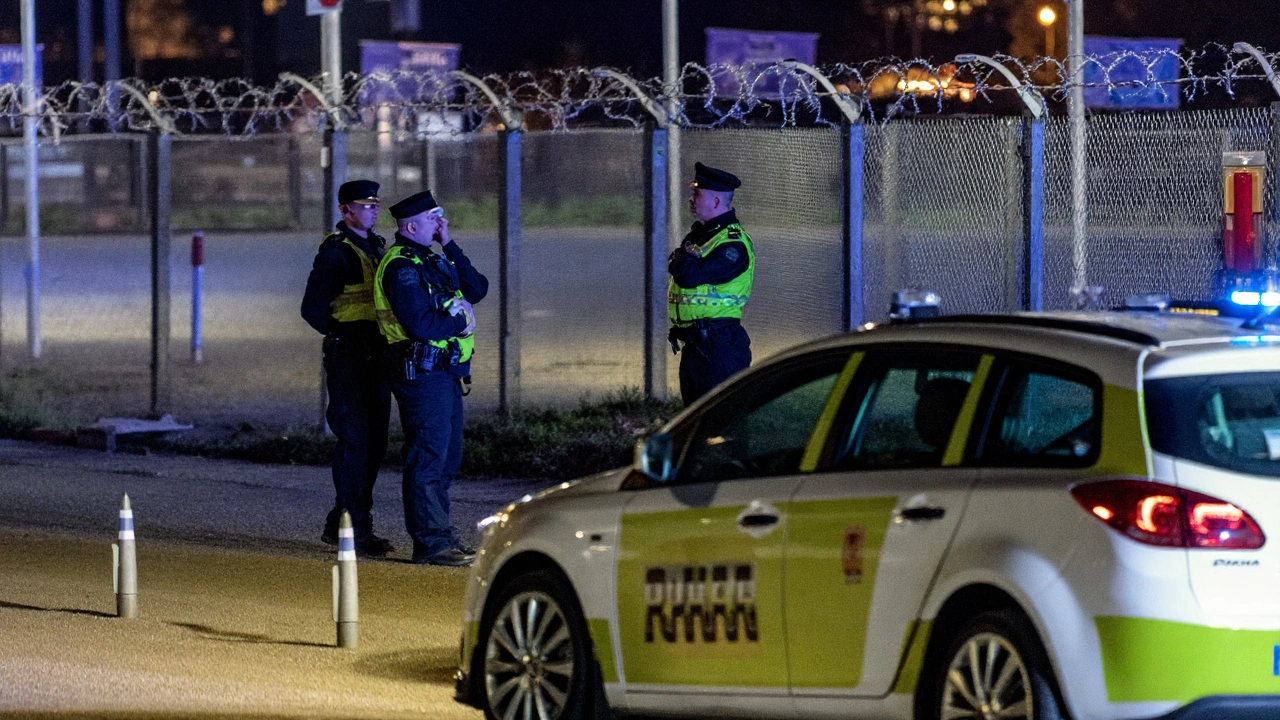NATO: What It Is and Why It Matters
When talking about NATO, the North Atlantic Treaty Organization, is a political‑military alliance founded in 1949 to secure its members through collective defense. Also known as North Atlantic Alliance, it operates on the principle that an attack on one member is an attack on all. This core idea is called collective defense, a commitment that obligates members to protect each other under Article 5. Each member state, a sovereign nation that has ratified the NATO treaty, contributes forces, resources, or political support validates that promise through regular joint exercises and strategic planning. Article 5, the mutual defence clause, triggers a collective response whenever a member is attacked, linking the alliance’s security to a shared responsibility. In short, NATO encompasses a network of nations, a set of agreed‑upon defense rules, and a continuous effort to adapt to new threats.
The alliance isn’t just about military hardware; it also drives political consensus among diverse democracies. For example, the decision‑making process relies on political consensus, the practice of reaching agreement among all members before major actions are taken, ensuring that any operation has broad support. This consensus requirement influences how NATO responds to cyber attacks, terrorism, or hybrid warfare, expanding its traditional role beyond conventional battles. The organization also runs partnership programs, cooperative initiatives with non‑member countries that share similar security goals, widening its reach and fostering stability beyond its borders. By integrating political dialogue, joint training, and shared intelligence, NATO maintains relevance in a fast‑changing security landscape.
Below you’ll find a curated selection of articles that, while tagged with NATO, explore a wide range of topics—from sports culture to technology trends—showing how this global alliance can intersect with many aspects of modern life. Dive in to see how the principles of collective defense, member cooperation, and strategic adaptation echo in unexpected places.

Drone sightings shut down Copenhagen and Oslo airports for hours – arrests made
Late on September 22, Copenhagen and Oslo airports halted take‑offs and landings after multiple large drones entered restricted airspace. The shutdown forced diversions, stranded thousands and led to two arrests in Oslo. Danish officials hinted at a possible Russian link amid rising NATO tensions.